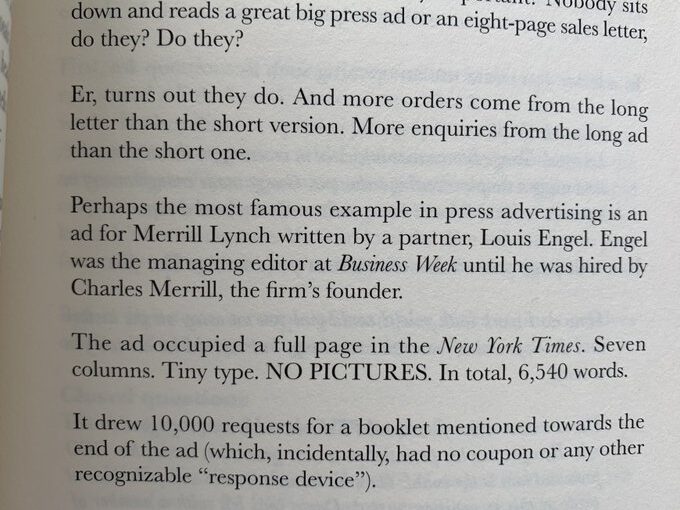In her study ‘Brilliant but Cruel’, Teresa Amabile, a professor at Harvard Business School, asked people to evaluate the intelligence of book reviewers using reviews taken from the New York Times. Professor Amabile changed the reviews slightly, creating two different versions: one positive and one negative. She made only small changes in terms of the actual words, for example changing ‘inspired’ to ‘uninspired’ and ‘capable’ to ‘incapable’.
A positive review might read, ‘In 128 inspired pages, Alvin Harter, with his first work of fiction, shows himself to be an extremely capable young American author. A Longer Dawn is a novella – a prose poem, if you will – of tremendous impact. It deals with elemental things – life, love and death, and does so with such great intensity that it achieves new heights of superior writing on every page.’
While a negative review might read, ‘In 128 inspired pages, Alvin Harter, with his first work of fiction, shows himself to be an extremely incapable young American author. A Longer Dawn is a novella – a prose poem, if you will – of negligible impact. It deals with elemental things – life, love and death, and does so with such little intensity that it achieves new depths of inferior writing on every page.’
Half the people in the study read the first review, the other half read the second, and both rated the intelligence and expertise of the reviewer. Even though the reviews were almost identical – the only difference being whether they were positive or negative – people considered the reviewers with negative versions 14 per cent more intelligent and as having 16 per cent more expertise in literature. Professor Amabile writes the ‘prophets of doom and gloom appear wise and insightful’. Anyone can say something nice – but it tales an expert to critique it.
Excerpt from: The Key to Happiness: How to Find Purpose by Unlocking the Secrets of the World’s Happiest People by Meik Wiking


